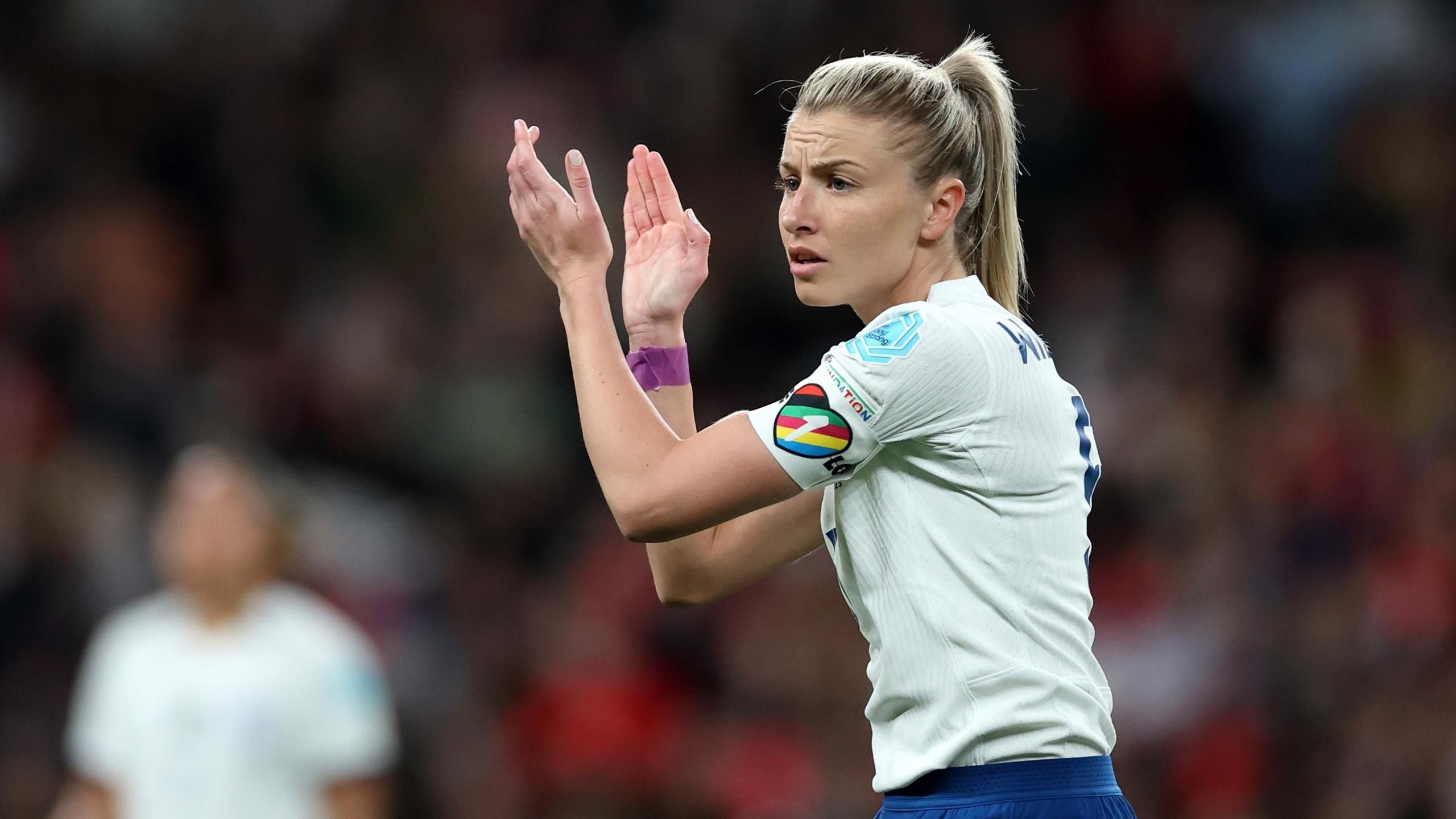
Leah Williamson urges for a resolution to the scheduling issue following Sam Kerr’s injury.
Leah Williamson, the talented England footballer, has voiced her concerns about the demanding schedule in women’s football and has called for a solution to be found. This comes after Sam Kerr, the latest player to suffer an ACL knee injury, joined a growing list of players affected by such injuries. Williamson herself missed last year’s Women’s World Cup due to an ACL injury, along with 36 other players.
In an interview with The Telegraph, Williamson expressed her frustration, stating, “We’re not bred for this. Nowadays we get to October and girls are saying, ‘I’m tired’ because you’re carrying so much from the previous season.” She believes that the current trajectory of women’s football will hinder its growth, as there won’t be enough players available to attract larger crowds or increase ticket prices. Williamson emphasized the need for a solution to the demanding schedule, as it is not sustainable in the long run.
While Kerr begins her rehabilitation program after being assessed by a specialist, Williamson is nearing her return from the same injury. She has witnessed her Arsenal teammates, Beth Mead and Vivianne Miedema, also suffer ACL injuries. Williamson believes that making a few adjustments to the current schedule could significantly reduce the number of these injuries.
The vice-captain of Arsenal expressed her devastation for Kerr, stating, “It rocks you. We’re devastated for her. There was silence on our bus, because we know what that means.” Williamson fears that if changes are not made, football could reach a point where squads consist of 40 players or teams have separate first-half and second-half teams, similar to the NFL’s unlimited substitutions. She believes that the scheduling process needs to be taken more seriously and that it is one of the main reasons for the high number of injuries.
Williamson proposed a potential solution for football’s governing bodies to consider, suggesting that a longer break after last summer’s World Cup could have been beneficial. She stated, “When they, FIFA UEFA, all the main people, do the scheduling, it should always be, ‘rest first’. As a professional athlete, to be able to perform all year round, you have to have four weeks off at the end of the season and six weeks pre-season, to be at no detriment to your health.” However, she highlighted that instead of prioritizing rest, players were given only five days off after reaching the World Cup final.
Williamson recently returned to Arsenal training as she continues her recovery. Her concerns about the demanding schedule in women’s football highlight the need for changes to be made to ensure the long-term sustainability and well-being of players in the sport.
